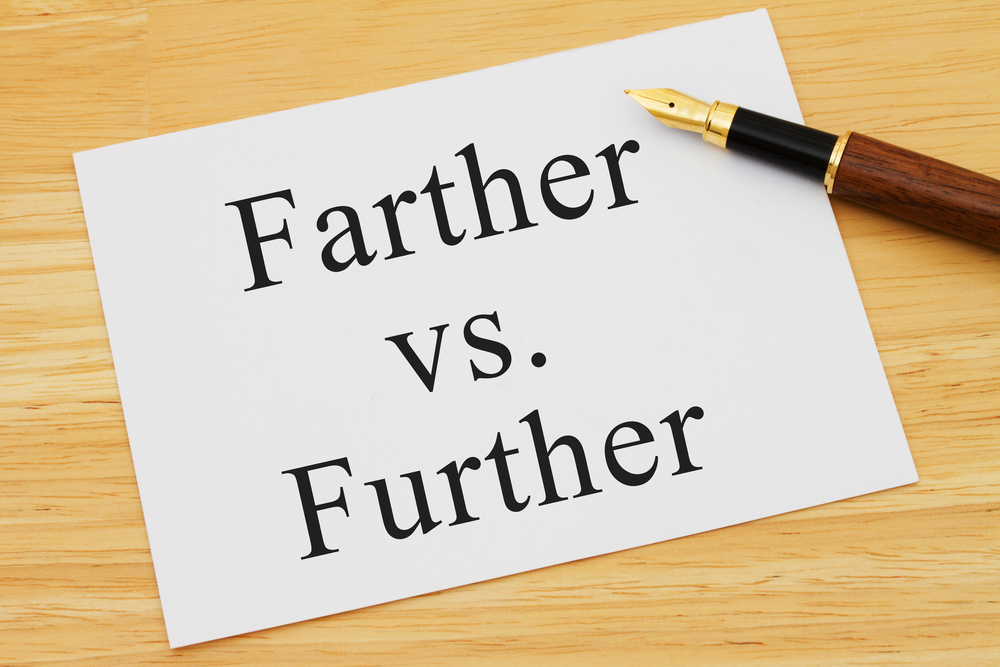Even if your copy is on message and reads well, small errors can sink you.
Every month, our team — led by proofreader Sarah Muench — shares a proofreading tip or two to help you strengthen your content, one detail at a time.
Do I Need a Comma Before “Too”?
You've likely seen it both ways: the word "too" with or without a comma before it. That's because the rules on this one are a bit loose and based on the writer's intent. However, if [...]
How to Identify a Compound Sentence
A compound sentence is a sentence with two or more independent clauses. An independent clause can stand alone as its own sentence. Example: We launched our newest residential living experience, and prospective residents immediately began [...]
Home in vs. Hone
Here’s how to remember the difference between "home in" and "hone": A person, bird or aircraft homes in on a target, but a person hones his or her skills. Most style guides tell us to [...]
Historic vs. Historical
This is a tricky one that makes us want to check and double-check to make sure we're using the right adjective. "Historic" and "historical" are adjectives that have very similar meanings: Historic describes something momentous [...]
More Than vs. Over
This is a question that always pops into the heads of those who learned Associated Press style before 2014. Even when we see someone use the word "over" in copy today, our brains often raise [...]
Less vs. Fewer
"What's the big deal? They mean the same thing." True. "Less" and "fewer" have similar meanings, but they frequently are misused. When that happens, it's a grammar mistake that can leave your audience with less [...]
Ellipsis vs. Em Dash
The ellipsis and em dash are two fun tools are a writer's dream — like those special powers you pick up in a video game and use at just the right moment. They can add [...]
It’s Mother’s Day and Father’s Day
How should you write Mother's Day and Father's Day? Well, the title of this post should have tipped you off, but we won't take any chances. Here's how you can make sure that you don't [...]
Further vs. Farther
Adjectives, adverbs and verbs, oh my! There are so many ways to use these two words, it's no wonder we often misuse them or choose one that works but is a little less correct. That's [...]
Two S’s and an Apostrophe
Do you use an apostrophe at the end of a word that ends in the letter "s"? We see this rule applied differently because different styles vary. For making the possessive form of singular common [...]










